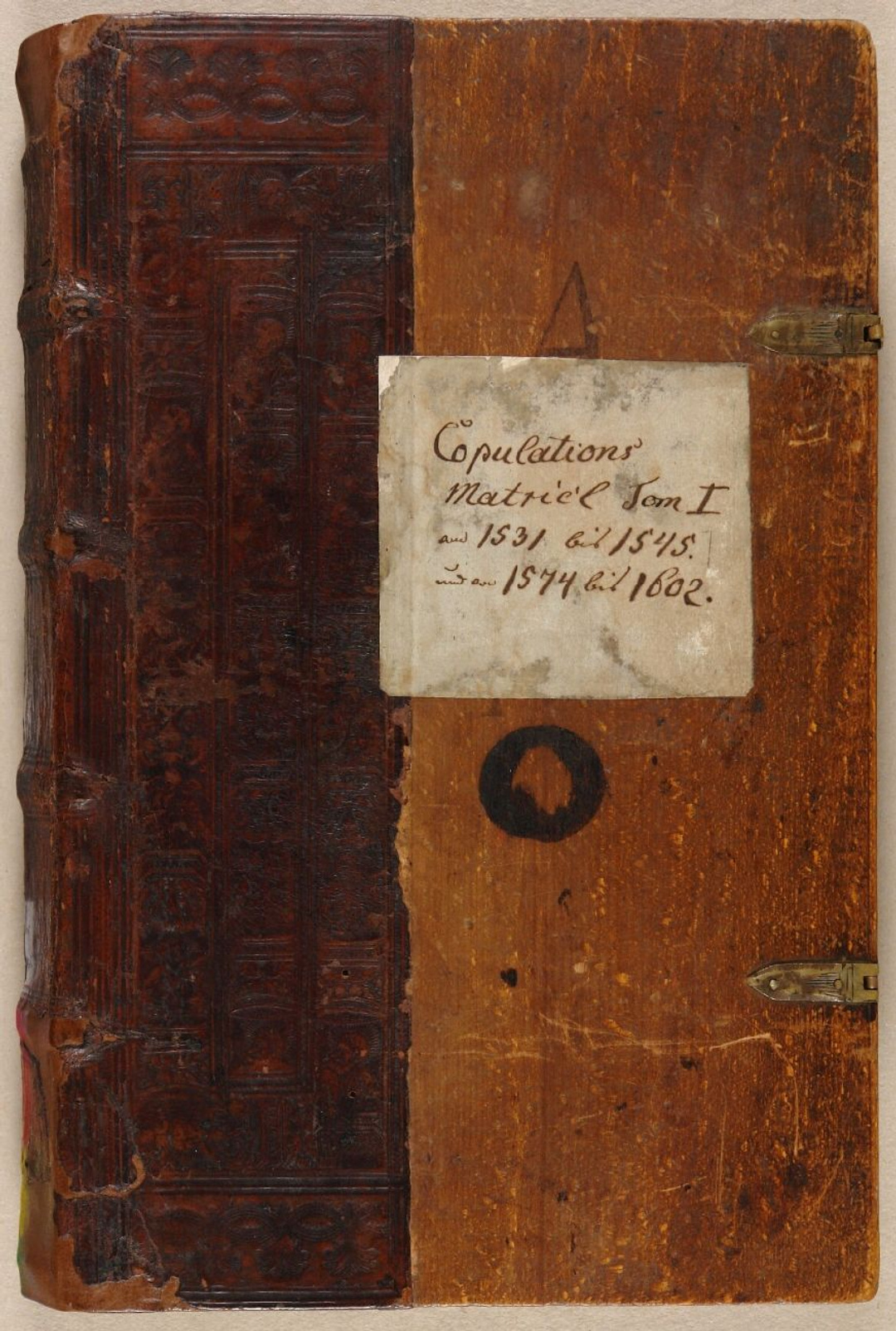Matriky

The street conducts the flâneur into a vanished time. For him, every street is precipitous. It leads downward—if not to the mythical Mothers, then into a past that can be all the more spellbinding because it is not his own, not private. Nevertheless, it always remains the time of a childhood. But why that of the life he has lived? In the asphalt over which he passes, his steps awaken a surprising resonance. The gaslight that streams down on the paving stones throws an equivocal light on this double ground.
—Walter Benjamin, The Arcades Project, convolute M
[…] to link the problem of history with the rediscovery of mythical “origins” presupposes an outcome totally rooted in nineteenth-century positivism. In posing the problem of an “origin,” we presuppose the discovery of a final point of arrival: a destination point that explains everything, that causes a given “truth,” a primary value, to burst forth from the encounter with its originary ancestor. Against such an infantile desire to “find the murderer,” Michel Foucault has already counterposed a history that can be formulated as genealogy: “Genealogy does not oppose itself to history as the lofty and profound gaze of the philosopher might compare to the mole- like perspective of the scholar; on the contrary, it rejects the metahistorical deployment of ideal significance and indefinite teleologies. It opposes itself to the search for origins.
—Manfredo Tafuri, The Sphere and the Labyrinth
Genealogy has proved itself to be a critique of values, for it has discovered the material origin of them, the body.
—Franco Rella, “From the Aesthetic Sphere to the Sphere of Interpretation,” Nuova Corrente, 1975